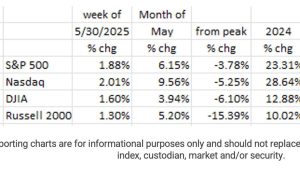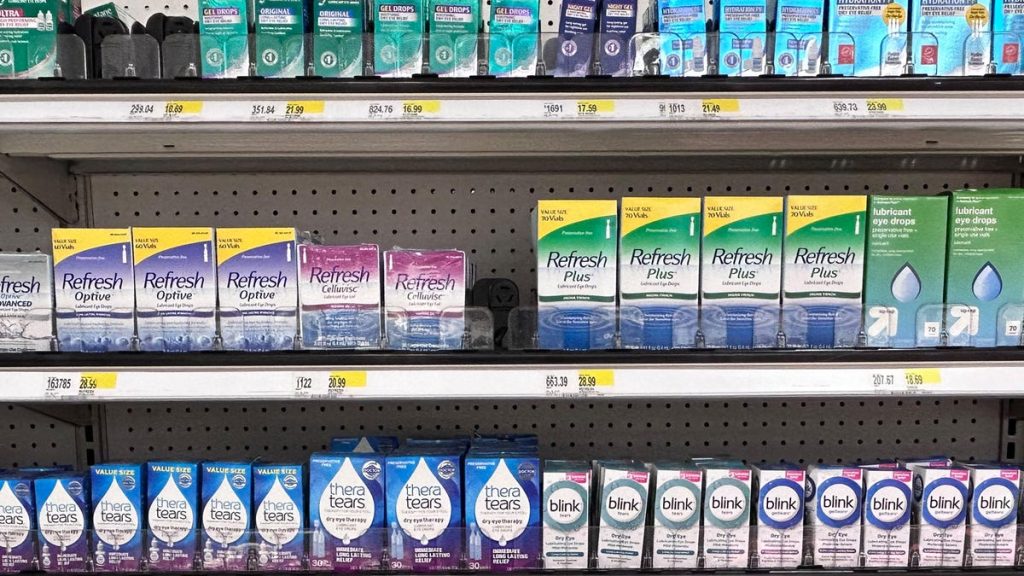Understanding Eye Drops: A Comprehensive Guide to Safe and Effective Usage
Over-the-counter (OTC) eye drops offer a readily available solution for various minor eye irritations. However, it’s crucial to consult a doctor before using any eye drops to ensure they’re appropriate for your specific condition. While OTC options may suffice for some issues, others necessitate prescription medicated drops. This informed approach helps avoid potential complications and ensures effective treatment.
Navigating the World of OTC Eye Drops: Preservatives and Their Impact
OTC eye drops are broadly categorized into two types: those with preservatives and those without. Preservative-free drops are generally considered safe for most individuals, including pregnant women. Conversely, drops containing preservatives warrant more cautious use, as they can exacerbate certain eye conditions. Preservatives are added to extend the shelf life of eye drops, but they can have unintended consequences, particularly with frequent or prolonged use.
The Perils of Redness-Relieving Drops and Preservative-Related Issues
Certain eye drops, especially those marketed for redness relief, often contain chemicals that can lead to a range of adverse effects. These include rebound redness, where the eyes become even redder after the drops wear off, as well as pupil dilation, corneal toxicity, blurred vision, and worsening of dry eye disease. These effects are primarily attributed to the preservatives present in these drops.
Preservatives in eye drops can alter the corneal surface, causing the loss of superficial corneal cells. This disruption can lead to a cascade of symptoms, including increased redness, irritation, burning, and a gritty sensation. Overuse of these drops can exacerbate these issues, creating a cycle of dependence and worsening symptoms. Therefore, it’s essential to use redness-relieving drops sparingly and only as directed by a healthcare professional.
Recognizing Allergic Reactions and Seeking Professional Help
If you experience worsening redness, irritation, blurred vision, or a burning or gritty feeling after using eye drops, it could indicate an allergic reaction or sensitivity to the preservatives or other ingredients. Should these symptoms persist, consult an eye care professional immediately.
Signs of a more severe allergic reaction include increased itching, swelling around the eye, or redness and swelling of the whites of the eyes. These symptoms warrant immediate discontinuation of the eye drops and prompt consultation with an eye care specialist. A timely intervention can prevent further complications and ensure appropriate management of the allergic reaction.
Prioritizing Eye Health: The Importance of Professional Guidance
Seeking professional guidance before using any eye drops, especially those containing preservatives, is paramount for maintaining optimal eye health. While OTC options can provide temporary relief for minor irritations, a doctor can accurately diagnose the underlying issue and recommend the most suitable treatment. This approach minimizes the risk of adverse reactions and promotes long-term eye well-being. Remember, your eyes are delicate and deserve the best possible care, so prioritize professional advice for all your eye health concerns.










